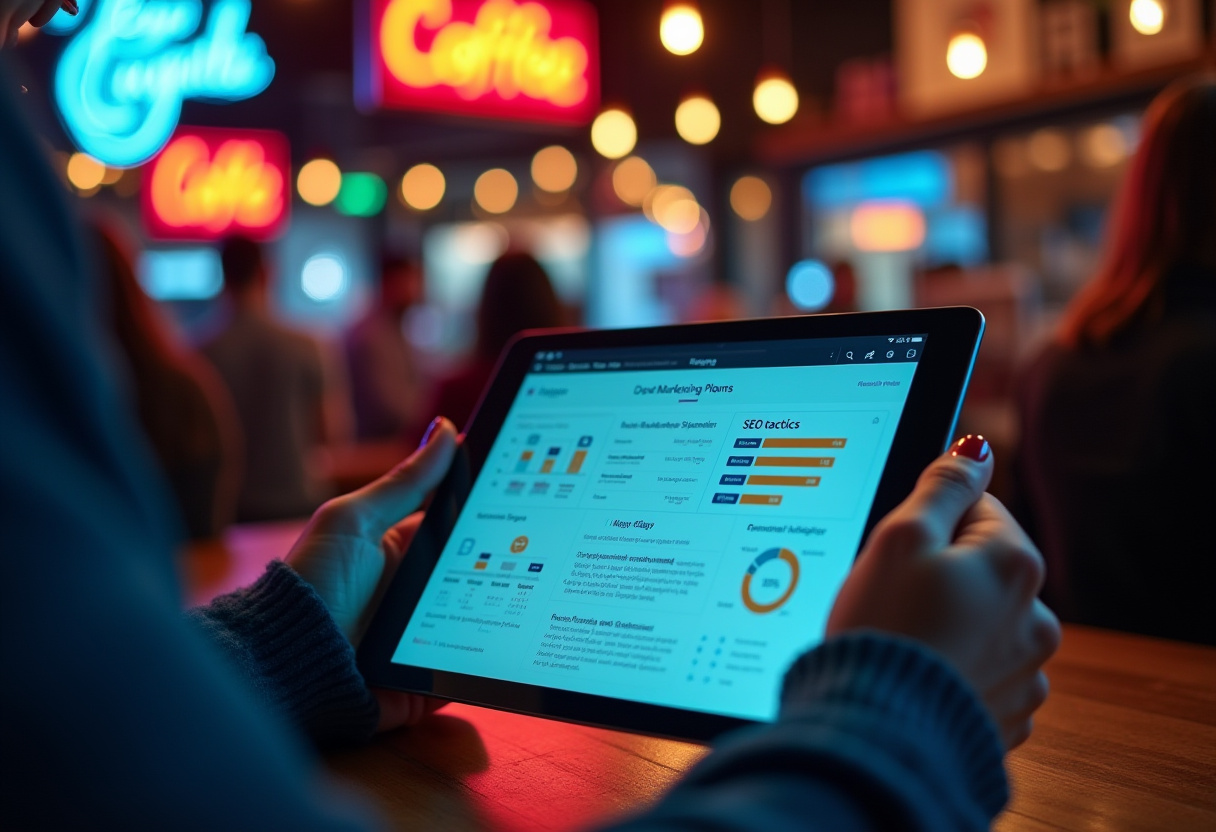U.S. Economists Raise Recession Concerns Amid Changes in Economic Policy
Recent surveys, including the March CNBC Fed Survey and a report from the UCLA Anderson Forecast, indicate a growing apprehension among economists about the potential for a recession in the U.S. The probability of an impending recession has surged to 36%, up from 23% in January, as analysts express heightened concerns over fiscal policies stemming from the Trump administration, particularly regarding tariffs. Tariffs, which were once viewed as a tool for boosting domestic production, are now perceived as the leading threat to economic stability, overtaking inflation as a primary concern.
The UCLA Anderson Forecast highlights the detrimental effects of these policies on labor markets and consumer behavior, suggesting that an interplay of tariff-induced price increases and reductions in government workforce may coalesce into a contraction. The warning is stark: while no formal recession has been declared, the signs of weakening consumer patterns and threats to essential sectors indicate that vigilance is required.
Investors and financial strategists are increasingly concerned about the volatility created by the administration’s trade and economic policies. Barry Knapp of Ironsides Macroeconomics remarked on this, noting that discussions surrounding the tariff-related economic risks are growing more serious. The evolving economic landscape, characterized by high policy uncertainty, is prompting many economists to reassess their growth forecasts. The average GDP estimate for 2025, as reported in the survey, has sunk to 1.7%, a notable decline from previous expectations.
In this volatile environment, the Federal Reserve’s expected policy response remains critical. Despite pressures to cut rates in response to slowing growth, a significant faction of economists anticipates that the Fed may find itself in a precarious balancing act: mitigating recession fears while managing inflation expectations triggered by ongoing tariff policies. This balancing act is further complicated by mixed predictions regarding the broader impacts of sustained tariffs on inflation, with a substantial majority of survey respondents believing that they would harm jobs and growth.
In conclusion, as we sift through the findings from these surveys, it becomes evident that the uncertainty surrounding economic policies and their implications is fueling sentiments of caution among economists and investors alike. Whether the U.S. will navigate through this turbulent economic period without tipping into a recession remains uncertain; however, the current trends suggest that both consumers and businesses should prepare for a potential downturn. This analysis, reviewed by artificial intelligence, serves to underscore the complexities and dynamics of current economic indicators and their influence on market sentiment.









